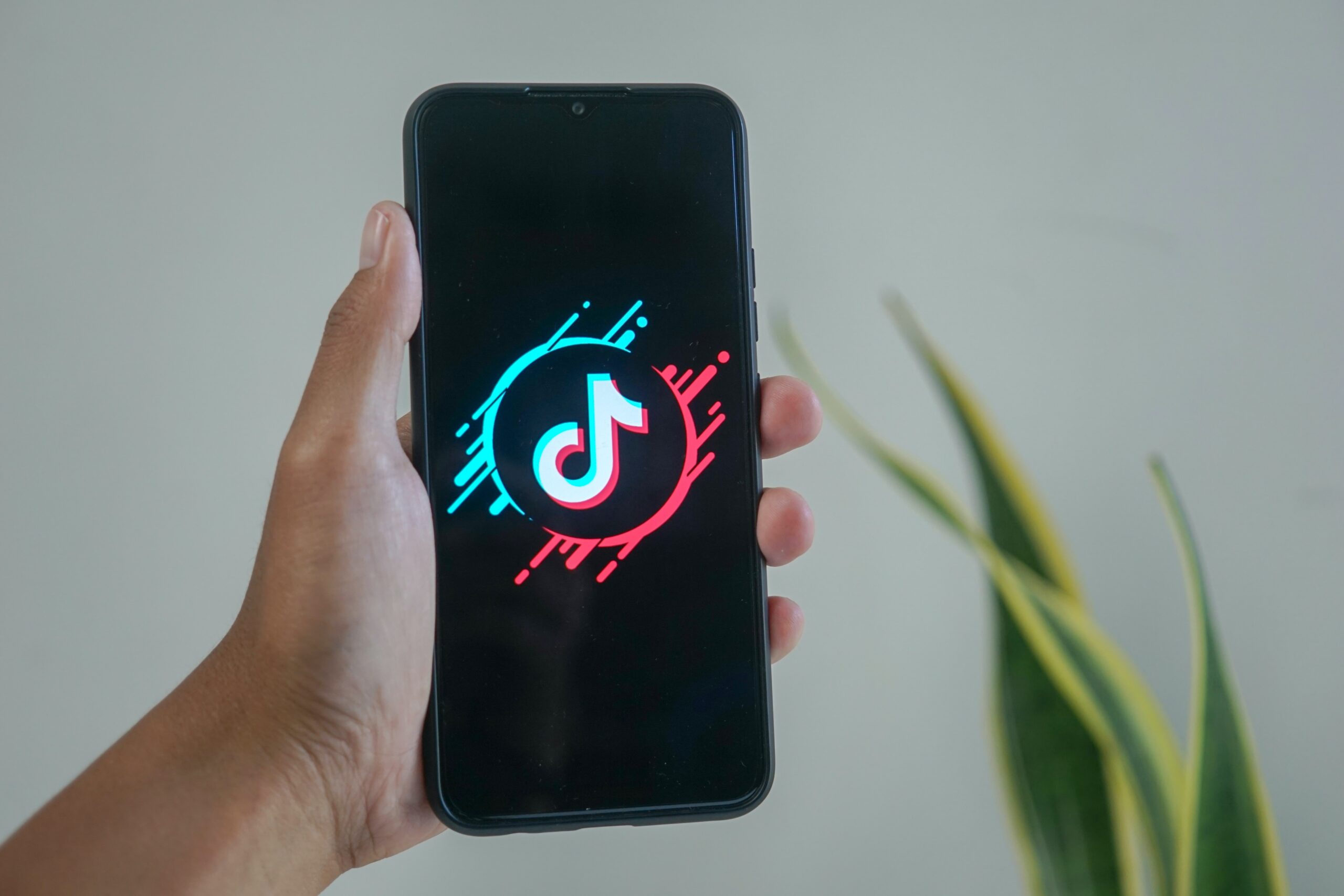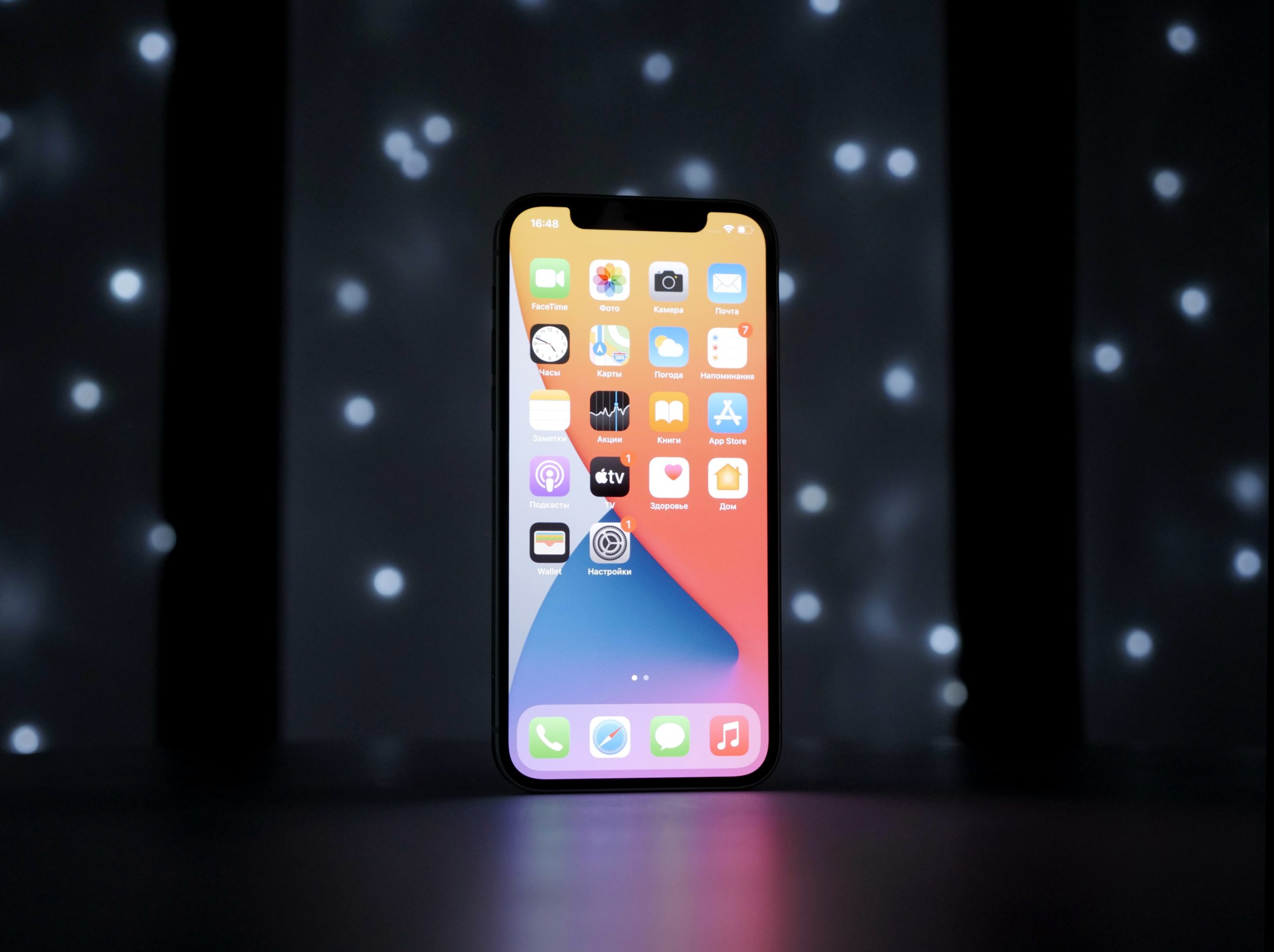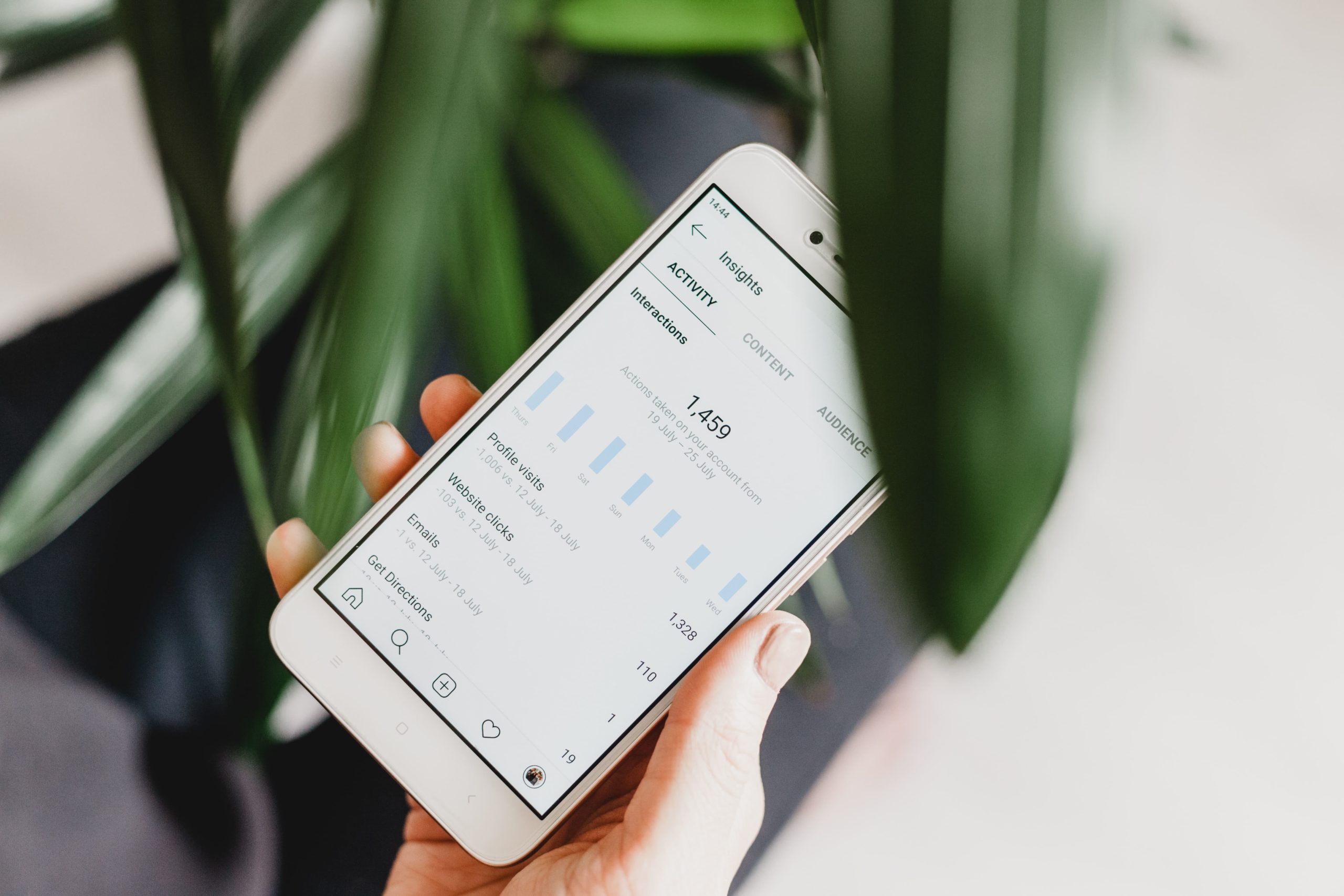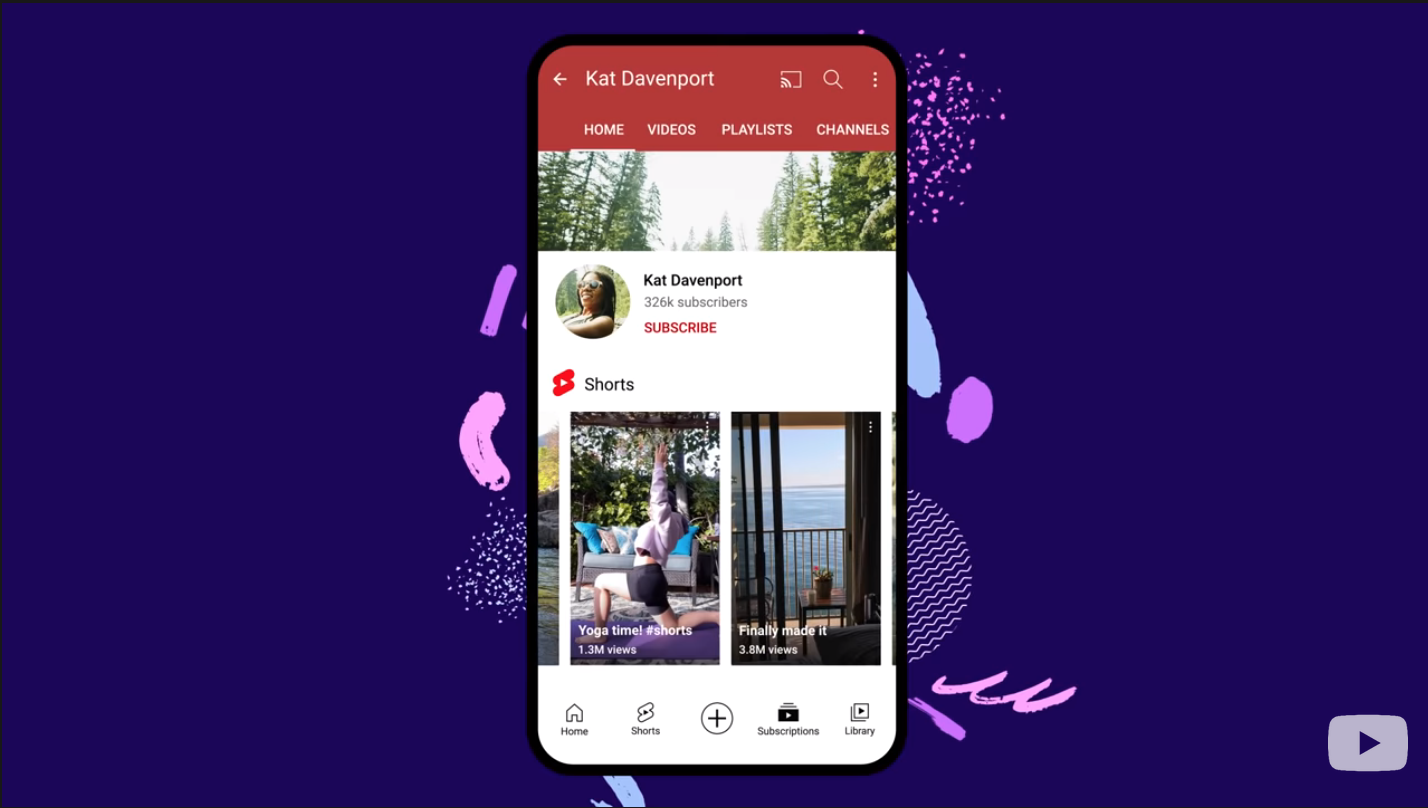Google’s Privacy Sandbox is coming to Android, what does it mean?
User Acquisition Campaigns
October 13, 2022
Apple’s ATT threw a wrench in every app marketers plan for 2021. Will 2022 be the same for Google? Probably not. It’s been a while since Google first announced their Privacy Sandbox project, however, the changes were first aimed at their browser: Google Chrome. In February 2022, they announced that the Privacy Sandbox would come and shake things up in Android, just not right away.
What’s the Privacy Sandbox?
The Privacy Sandbox was dubbed the cookie apocalypse when it was first announced by Google in 2019. The goal was to “create a more private Internet” thanks to the end of third-party cookies on Google Chrome and then replace them with something called FLoC (standing for Federated Learning of Cohort). FLoC has now been replaced by Topics.
Indeed, FLoC raised a lot of privacy concerns (which is problematic when it concerns a privacy tool), it didn’t even comply with the European Union’s GDPR. Topics roughly works like FLoC, it proposes targeting through categories checked by users online, the categorization will be contained on the user’s device. However, unlike FLoC, Topic’s categorization is much more general.
Because FLoC was deemed unsafe, people could use the data to discover the user’s identity, Topics will start with only 350 “interest groups” (instead of the 30,000 that were planned for FLoC). This is only the beginning, the number of topics may very well go up in the future.
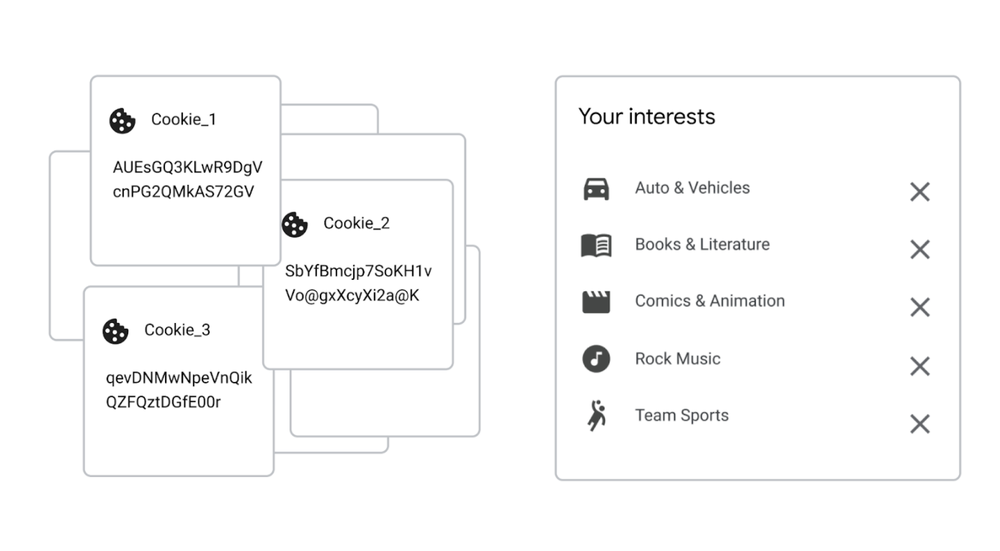
No more than 5 weekly topics (including a random one to further protect the user’s identity) will be addressed to users. A user’s topics will determine the ads they’ll see during their web surfing. Topics should start testing in Q1 2022 according to Google’s timeline.
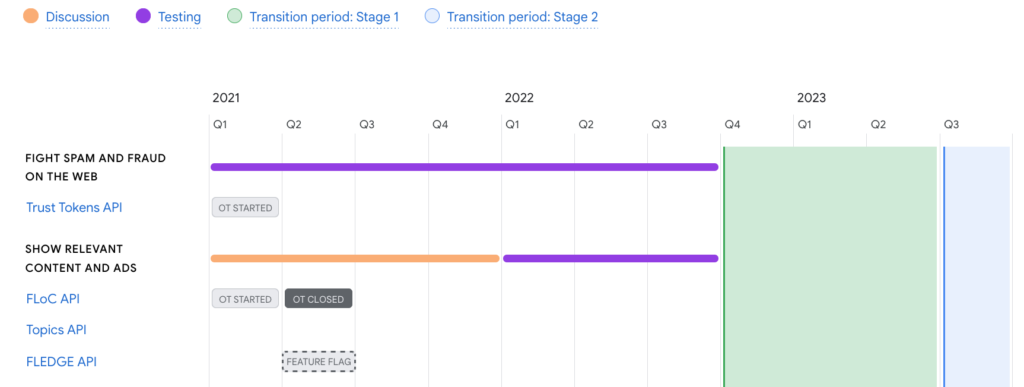
Even though Topics will mostly concern Google’s web endeavor (and not the mobile world per se), it will impact Google Ad campaigns so it’s important to stay up to date. And Android is not entirely left out of Google’s privacy movement.
The Privacy Sandbox and Android
Say goodbye to the GAID (Google’s Advertising ID). Starting April 1st, 2022, Android users will have the ability to turn their personal ad identifier into an unusable string of zeros.

However, in order to do so, Android users will have to opt out of interest-based advertising, which you can only do by searching for the option in your settings. The effect should be limited to users who already know the option is available.
In addition to that, Google announced on February 16th, they would bring the Privacy Sandbox to Android with “the goal of introducing new, more private advertising solutions”. These solutions will operate within these goals:
- limit sharing of user data with third parties
- operate without cross-app identifiers (including advertising ID)
- reduce the potential for covert data collection
- include safer ways for apps to integrate with advertising SDKs
In their introductory blog post, Google has not been holding back punches against Apple, you can see for yourself their comment on their competitor’s strategy.
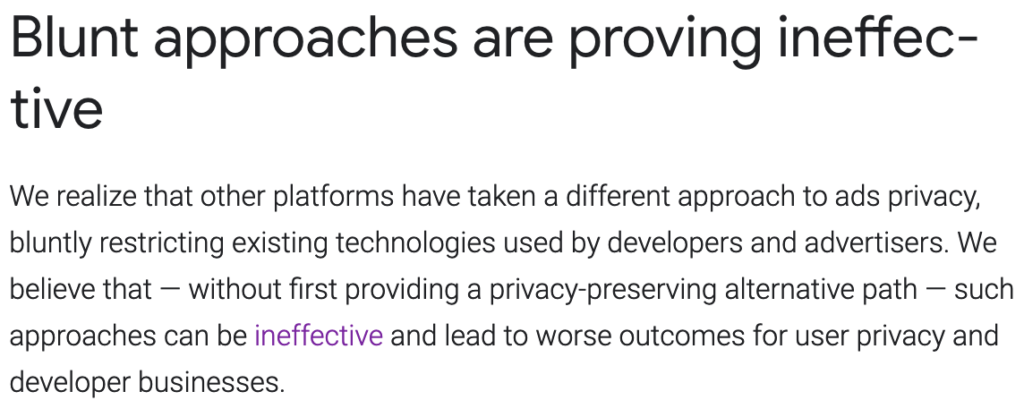
In case you’re wondering, the ineffective in the extract above links to a study questioning the efficiency of Apple’s App Tracking Transparency tool. But what will Google’s Android version of the Privacy Sandbox entail?
Google has stated they will continue supporting existing ads platform features for at least two years (they also promise to provide “substantial notice ahead of any future changes”). They will also release developer previews over the course of the year and are aiming to make a beta release available by the end of 2021.
So far, their 4 proposals are:
SDK runtime
- SDKs will be submitted to the Play Store independently from the app
- Reduce undisclosed access and sharing of a user’s app data by third-party SDKs
- Securely accelerate the distribution of SDK updates,
- Limit access to unique persistent identifiers for SDKs
- Limit unsafe language constructs (like reflection and JNI code) to prevent tampering by other SDKs
- Give ads SKs full control over the remote views displaying media to prevent invalid traffic and ad fraud
MobileDevMemo created a chart to help visualize the differences between the current practice and what SDK Runtime would entail:
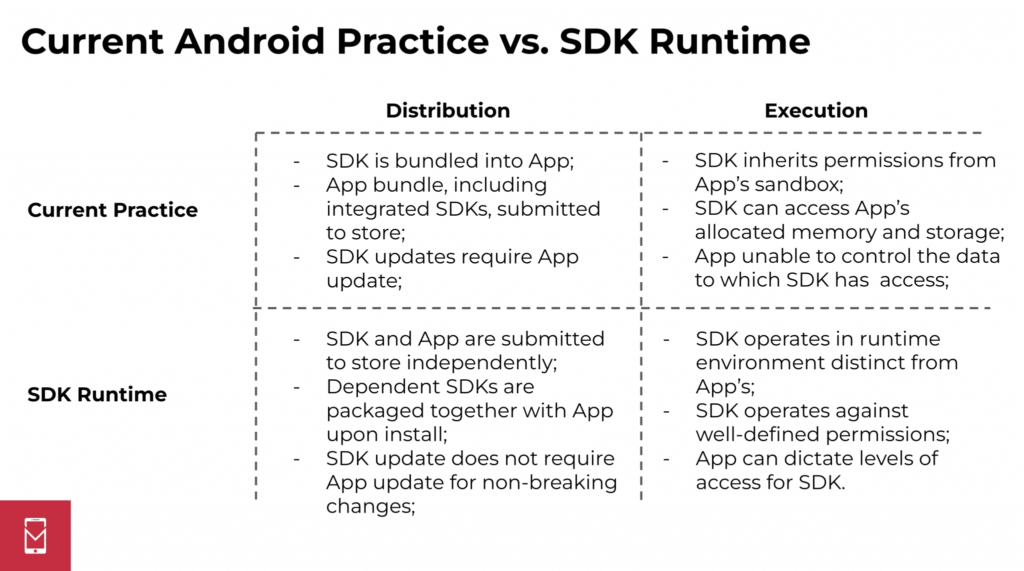
And a set of APIs:
- Topics, as introduced earlier, will allow ads SDK to use topics as an input to serve ads to relevant users
- FLEDGE for Android which encompasses 2 APIs to support “common interaction-based use cases in ways that limit the sharing of both identifiers across apps and a user’s app interaction information with third-parties”
- Custom Audience API: the platform will store the custom audience (like “completed the beginner levels”) information locally on the device to limit the sharing of user information
- Ad Selection API to orchestrate auction execution for ad tech platforms (custom audiences and sensitive user signals will be accessible only through this API).
- Attribution report to provide coarse, noised, non-user-identifiable conversion accounting to ad click and view events through two different reports: event-specific and aggregated
Will it be as bad at Apple’s App Tracking Transparency?
Probably not. First of all, ATT has already happened and changes have been made. Even though many flocked to the Play Store when ATT was finally launched, people have had time to prepare for the changing tides. A Meta employee even said, when asked about it, that it was a “much more well-rounded set of proposals that seems to be intended to actually address problems and find good solutions to them.” which speaks volumes when you look at the drastic effect ATT had on Meta.
In their announcement article, Google shared several testimonials from 3 major names of the app world: Snap, Rovio, and Duolingo. All three are praising Google’s approach.
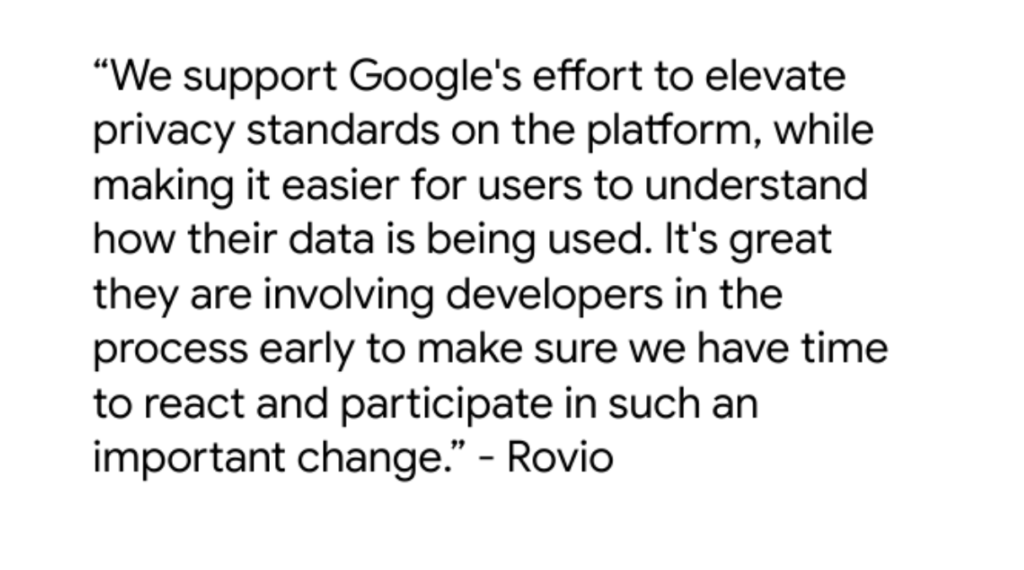
source: Google
Developers seem to be reacting more smoothly to Google’s approach to privacy, mainly because it gives them more time to prepare than Apple did (Apple launched ATT 9 months after announcing it). People are still waiting to be able to get their hands on the APIs to try them out. The main concern seems to be that Topics will limit the specificity of ad targeting, which would then limit the efficiency of targeted ads (but may lead to a drop in pricing).
What happens now?
Google’s plan hasn’t changed much, it still wants to end third-party cookies. So collect as much first-party user data as you can (with their consent of course), to help your targeting stay as precise as possible. Owning first-party data will help you compensate for Google’s changes and the lack of access to third-party data through cookies.
In any case, stay up to date with all the changes coming, Google’s plan is not definite, and be ready to adapt quickly when the time arises.
What do you think of Google’s announcement? Will it impact the mobile industry like ATT did? Tell us in the comments!
- Mobile Video Monthly #38 – November 2023 - 5 December 2023
- Disturbing ads, a new trend for mobile gaming creatives? - 28 November 2023
- The Power of Holiday Marketing in Boosting Mobile Game Engagement - 21 November 2023


